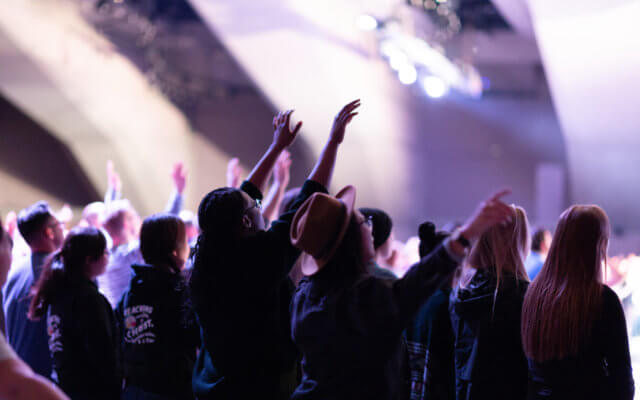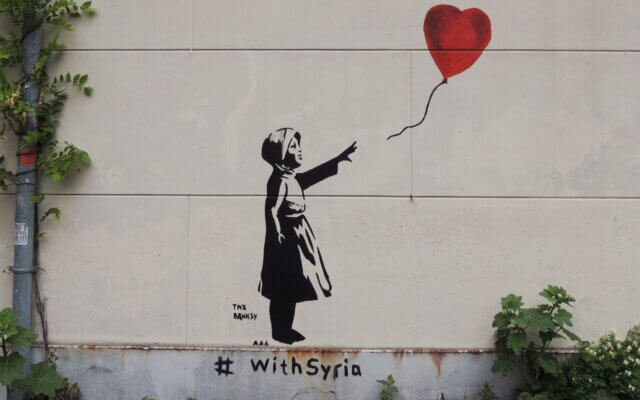Programme & action: ERASMUS+, Key Action 1: Training course
Venue: Garlstedt (Osterholz-Scharmbek), Germany
Dates: 4 – 13 December 2018
Participants: Tomáš Blaha
Please read the info-pack
Hosting organisation: Mostar Friedensprojekt e.V.
Participating countries: Germany, Turkey, Azerbaijan, Serbia, Macedonia, Bosnia and Herzegovina, Czech Republic, Italy, Poland, Great Britain, Romania, Egypt
Project report:
The food. The topics that concerns each of us. Is it worth to think about it? How does my diet affect our planet? During the introductory presentation, Eggert, the main organizer from the German organization, told us: The goal of this training is not to make you vegetarian or vegan, the aim of this training is to start looking at what you eat and to bring this new perspective among young people you are working with. And honestly, at the end of the week no one could regard his meal as before.
For me personally, there was a key meeting with highly experienced youth workers, especially with Egger, who had a great experience as a peace activist during the war in the former Yugoslavia, helping refugees and subsequent projects to help the countries affected by the war. The Balkan line was also known for the whole event, for example, the kitchen was fully under the command of Balkan chefs, especially our great cook Muki, who spoke only Bosnian but managed to talk to anyone. And I could learn from her how to make a real Bosnian pita, including dough making. Participants could engage in dinner preparation to receive food-related events and its role in our life yet another dimension.
Because I am in touch with people who deal with the environmental impact of their diet for a long time, it has been refreshing for me to meet people who have just discovered this subject, but have a sincere desire to learn more about it – seeing myself ten years ago. It has been as well a great exchange of experience with other youth workers, extending my portfolio of energizers and dynamics.
The whole course took place in a small residential center about 40 minutes from the center of Bremen, in the middle of a forest that slowly recedes to the suburban expansion of a large city. SO we could face how the carbon-neutral forests slowly recede into huge villass for two or three persons. On the other hand, however, we have the opportunity to visit local farms and see that even in such a developed country as Germany, the real farmers have survived, although they had to change their way of farming a bit.
The enormous benefit to me personally was meeting with Egger and the method he tried to moderate and direct the discussion. He did not try to push his opinions, but through biting questions to catalyze the debate, because most of the participants had something to say about them. Also, it was important for me to visit the University of Bremen, where we could discuss research conducted by local workplaces investigating climate change. The impact of agriculture on the environment, all in the perspective of social sciences, specifically ethnographic optics. As a graduate environmentalist and anthropologist I was in the seventh heaven.I was also surprised by the visit of a local community shop with local and organic food, which celebrated thirty years of its existence this year. Unlike other similar projects which have extinct or turned into too commercial in time, this one has preserverd its original enthusiasm and sense for the neighborhood.
So, when I summarize it, the course gave me inspiring information, new contacts to interesting foreign partners, and lots of new activities that I can use to work with teenagers. And so it should be after good training so I thank Eggert et al. for inspirational meetings.
Tomáš Blaha

